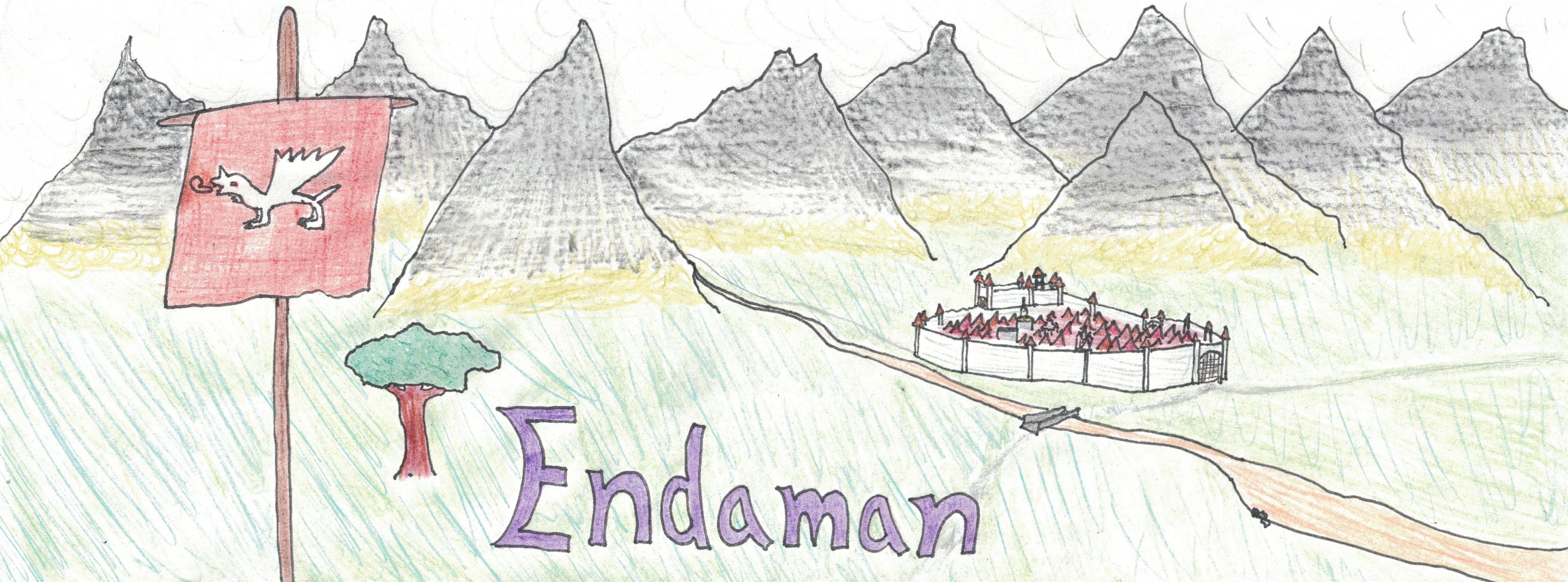Imperial Temple Worship
"The men cowered before Lakanar the Prophet of the Four, and he, the Prophet, said:
'Behold, my children, for I bring the fire of the Four among you! In return for their kindness and their defence of you from the dark things of the night, you must observe their days with this same fire! Then you will be cleansed of your evil and filled, as a cup, to the brim with good. Then you will be happy, and your lives will know peace.' "
~The Étak Writings, the Book of Etheric
History
It's unknown when the four gods of the Imperial Temple were first worshiped, or when the Étak Writings were first recorded, but what is known is that they have been worshiped for centuries. Although the people that have invoked their names have changed, their rituals and traditions have remained nearly the same.
Execution
The ritual takes place across the ten days of the Gratic week, with every other day being the day of one of the five books of the Étak Writing.
The first is the Day of Etheric, which coincides with the arrival of fire among men. A torch, representing the torch carried by the prophet Lakanar, is used to light the sacred flame of the Temple. In smaller temples without a fire pit, a bonfire is usually made outdoors instead. A prayer from the Book of Etheric is then read, followed by a sermon from the priest officiating the ceremony.
The second is the Day of Tros, which describes the arrival of plants and animals among the people. A specially chosen animal is sacrificed and cooked over the sacred flame of the Temple while the priest recites a prayer from the Book of Tros, which infuses it with holy energy. The meat is then shared with the faithful, who are cured of their evil with it.
The third is the Day of Alté, which describes the passage of the dead into heaven. Candles are placed at the images of the gods in the temple, and the priest recites a prayer from the Book of Alté, then completes the ceremony by dousing all the candles with salt water to signify that Alté has extinguished the grief of the participants.
The fourth day is the Day of Kiral, which depicts the forging of people into heroes by the gods. On this day, the priest will read a story from the Book of Kiral, then deliver a sermon on the story. Then, a few selected faithful are forced to jump over the sacred flame to demonstrate their faith that the gods will keep them safe and filling them and the congregation with the flame of the gods' divinity. If a member of the congregation stumbles, then a force will raise them out of the flame before they become burned.
The final day is the Day of Devastation, which depicts the end of the world. On this day, the priest reads the Prayer of Devastation and Judgement - the longest prayer in the Writings - and then puts out the sacred flame with a bucket of holy water. The ashes are then given to the congregation and the faithful will sow it into their fields so that the gods may grant them a good life.
Components and tools
Participants
A priest of the Temple must officiate the ceremony. The only times that someone else would be permitted to do the rites of the Temple would be in the event of the sudden death or illness of the priest.
Observance
The rituals are observed in the order of the Books of the Étak Writings: Etheric, Tros, Alté, Kiral, and Devastation. One ritual is done every other day.
Art Credit: emperorcharlesii (me!)
Remove these ads. Join the Worldbuilders Guild
Remove these ads. Join the Worldbuilders Guild



My Emperor CharlesII, this is really good work. I would recommend you use the [quote] tag for your quote on the top. It will make it pop out more, which it oughts to, very well written.
World Anvil Founder & Chief Grease Monkey
Twitter | World Anvil Changelog
“No act of kindness, no matter how small, is ever wasted.” - Aesop